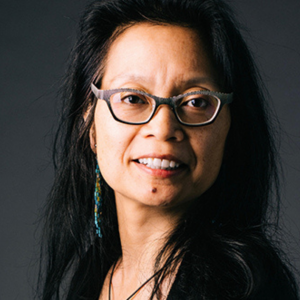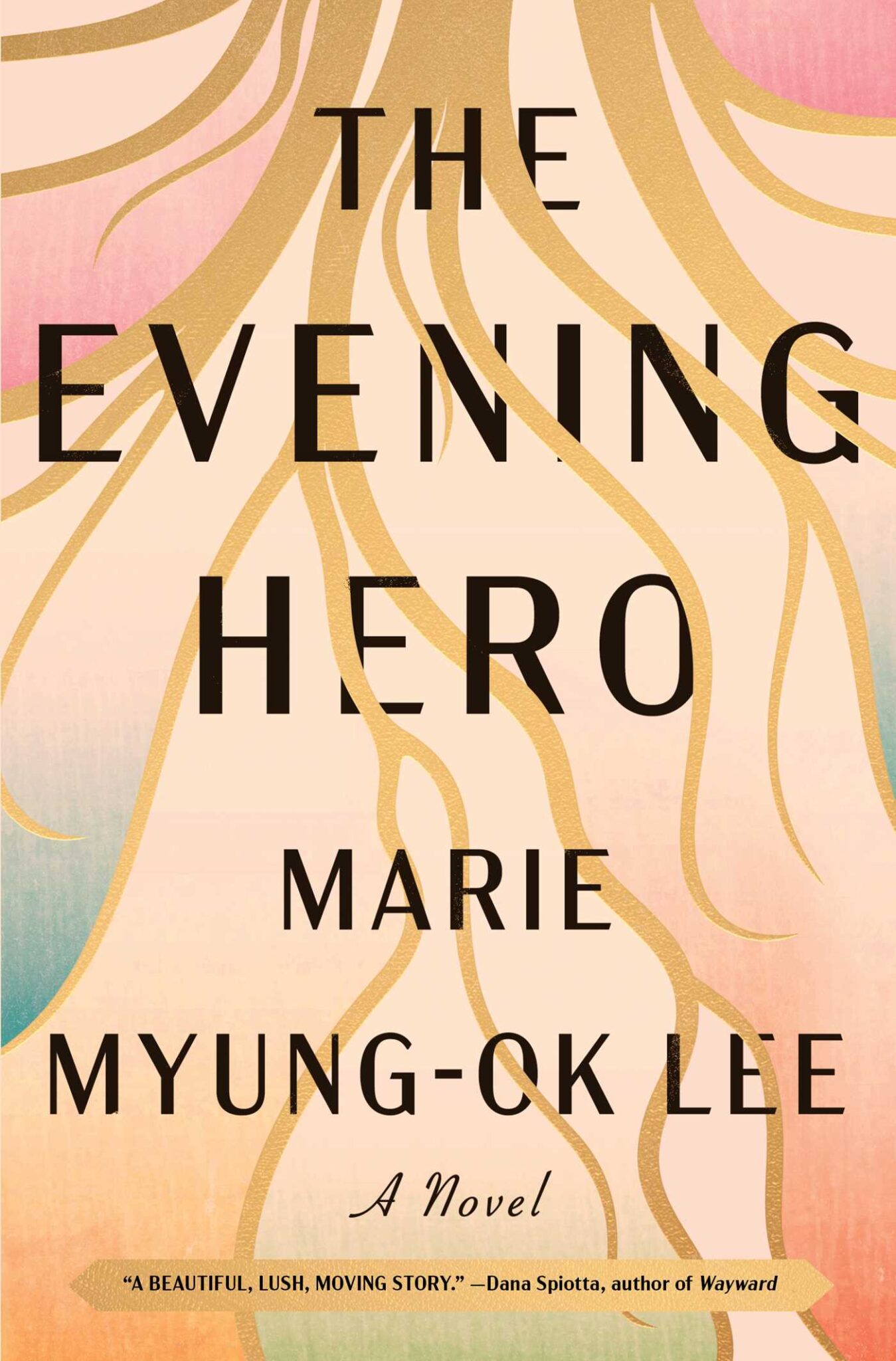
This story is filled with as much heartache and healing as it is historical significance.

The novel also elucidates with remarkable feeling how war reverberates through a person’s lifetime-their body, mind, and memories-no matter how far in the past it may seem. Yungman is a survivor, and the novel explores how the choices so many immigrants make, the secrets they keep, the risks they take, big and small, can lead to good fortune or failure. Lee delves deeper into Yungman’s roots and explores myriad aspects of Korean history, not least of which is an overdue accounting of the suffering America’s occupation and war caused. She organizes this saga into five sections, each more gripping than the last, as the story travels through time and across continents to describe the many obstacles Yungman faces on his journey from a boy forced to flee his village to a medical student in Seoul competing to woo a charismatic classmate to a man who leaves his home country for greater opportunity elsewhere. As a co-founder of the Asian American Writers Workshop, Lee has long been a leading voice in the literary world. A good portion of the book is a biting critique of a predatory American health care system and the economy at large. But he’s also enamored with an entrepreneurial tech-bro ethos Yungman doesn't understand. Einstein fulfilled his parents’ traditional expectations of graduating from Harvard and becoming a doctor himself.


His son, Einstein, who lives in the Twin Cities with his wife and son, works for the same company and encourages his father to take a job in the emerging field of “Retailicine” to pass the time. When the holding corporation that runs the hospital where he works closes its doors, he’s lucky to escape with his pension.

after the Korean War, has been the only practicing obstetrician in Horse’s Breath, Minnesota, for decades. A Korean American doctor is forced into retirement and a confrontation with his past when a secret he's kept about his family surfaces.


 0 kommentar(er)
0 kommentar(er)
